Coaching for Connectedness – Part One: Why it’s Important

Connection is the currency of wellness.
Jack Travis, M.D.
We are a curious species to have made it from when homo sapiens first appeared to where we are today. There were many branches to our evolutionary family tree and looking at our branch we weren’t the strongest, or fastest. Our teeth are puny, and our nails are a long ways from claws. But what we discovered was that by banding together we could survive and even, thrive.
We often portray our evolutionary journey with some tongue-in-cheek humor like this:
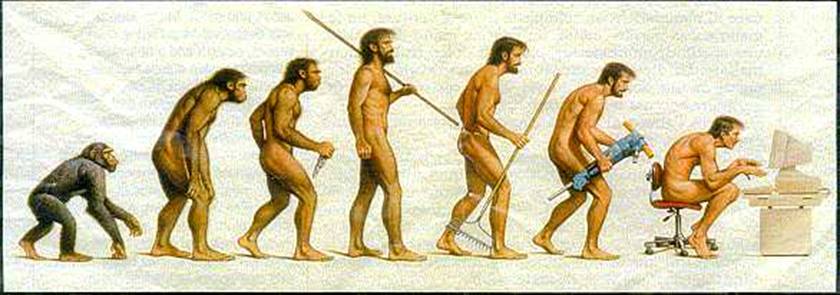
But what British anthropologist Robin Dunbar, proposed with his Social Brain Hypothesis is that our real leap forward was when our large brains evolved primarily to deal with the complex social dynamics of group living - cognitive demands of maintaining relationships, understanding social hierarchies, and navigating group politics and it was this that drove the expansion of our neocortex. We became inherently social animals who, true then, as it is today, we don’t do well alone.
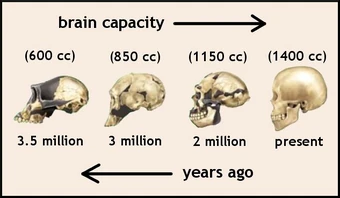
Isolation, Loneliness and Depression
Today we live in a post-COVID world of greater social isolation as employees increasingly work at home, we spend less time socializing with others and loneliness has been termed an epidemic. Data from the CDC show us that these factors are strongly connected to depression, anxiety, heart disease, stroke, cognitive decline, increased risk of hospitalization, ER visits, and more. (https://www.cdc.gov/aging/publications/features/lonely-older-adults.html)
The trend towards greater isolation has been happening for a long time. From the same article: “Research shows that Americans, who have become less engaged with worship houses, community organizations and even their own family members in recent decades, have steadily reported an increase in feelings of loneliness. The number of single households has also doubled over the last 60 years.” But, as we know, the COVID-19 pandemic made this crisis even worse. “People culled their friend groups during the coronavirus pandemic and reduced time spent with those friends, the surgeon general’s report finds. Americans spent about 20 minutes a day in person with friends in 2020, down from 60 minutes daily nearly two decades earlier.” In the United States, where 63% of men and 58% of women reported feeling lonely (https://www.cigna.com/static/www-cigna-com/docs/about-us/newsroom/studies-and-reports/combatting-loneliness/loneliness-survey-2018-full-report.pdf).
In 2018 the American Psychological Association published a great summary of the importance of relationships to our health.
"Psychologists' research has long established that relationships have the power to influence physical and mental health, for better or worse. Now, new research is expanding our understanding of the ways that relationships influence such conditions as cancer, heart disease, depression and addiction. That evidence is leading psychologists to say that strengthening those bonds should be a public health priority.
It’s not an exaggeration to say that lack of social connections can be deadly. Strong social relationships increase the likelihood of survival by 50 percent regardless of age, sex or health status, according to a meta-analysis of 148 studies on mortality risk by Julianne Holt-Lunstad, PhD, of Brigham Young University, and colleagues. They found social disconnection is at least as harm-ful to people as such well-accepted risk factors as obesity, physical inactivity and smoking up to 15 cigarettes a day." https://www.apa.org/monitor/2018/03/life-saving-relationships
The Double-Edged Sword of Relationships
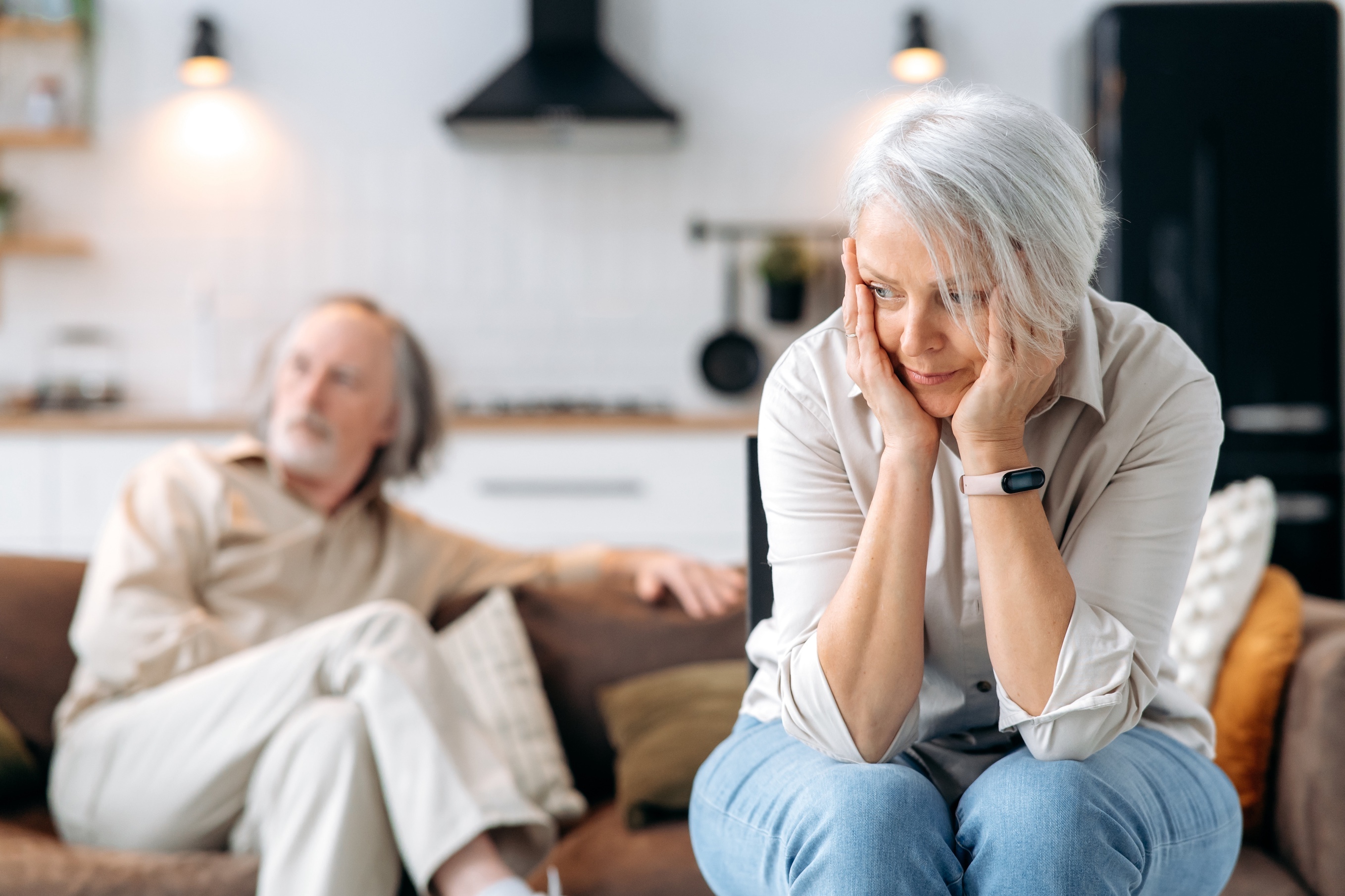
The same APA Monitor article also pointed out that while supportive relationships are a key to health (both mental/emotional and physical) throughout our lifetimes there can be two sides to the picture depending upon the nature of the relationships. Karen Rook, PhD, and Susan Charles, PhD, both of the University of California, Irvine found that “Compared with younger adults, older adults report more satisfaction with their social networks. They’re often more proactive about managing their social networks, making efforts to maintain satisfying relationships while winnowing ties with more problematic friends and relatives. On the other hand, older adults might be more susceptible to loneliness and social isolation as their mobility decreases and close friends and family members pass away. They might also be more vulnerable to the negative effects of fraught relationships that they cannot avoid.”
The same article also showed how families can help or hinder the management of chronic health conditions. This was researched by Lynn Martire, at Penn State, and Vicki Helgeson, at Carnegie Mellon University. They found that “When children have warm, supportive home environments with good family communication, they have better management of chronic illnesses such as asthma, diabetes or congenital heart conditions… For adolescents and adults, however, it’s less clear how involved a family member should be. Parents of adolescents or spouses of adult patients can help encourage healthy habits. But when a person is too controlling, it can backfire and even push a patient toward unhealthy behaviors. But what’s too controlling?One person’s nagging might be another person’s caring,” Martire says.” (https://psycnet.apa.org/record/2017-36583-009?_gl=1*1hr2ft9*_gcl_au*NzA3NzkwNDY3LjE3NDIyMjk1Njc.*_ga*NTEzMzUyODI4LjE3NDIyMjk1Njc.*_ga_SZXLGDJGNB*MTc0MjY2NTk1My41LjEuMTc0MjY2NTk4NS4yOC4wLjA.)
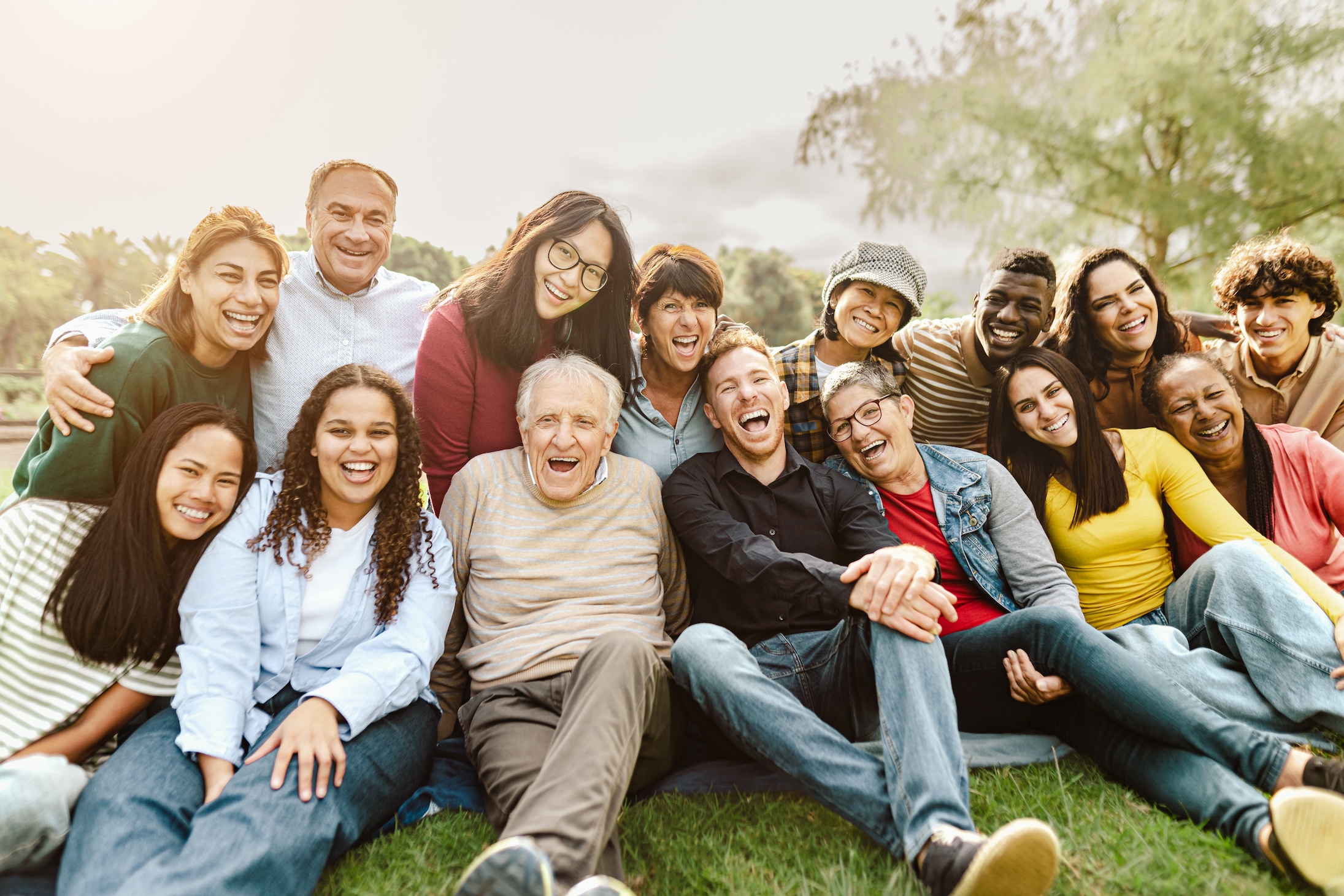 Community and Belongingness
Community and Belongingness
When people have a weaker sense of community belonging there is an association with poorer general health and mental health across all age groups. Fortunately the opposite is also true - that a stronger sense of community belonging is associated with greater health in general and particularly with greater mental health. (https://pubmed.ncbi.nlm.nih.gov/33134474/).
Analyzing a huge amount of data from six cycles of a national population health survey (Canadian Community Health Survey) from 2003 to 2014 Camilla Michalsk led a group of researchers whose work, entitled “Relationship between sense of community belonging and self-rated health across life stages” was highlighted by these conclusions:
- Community belonging is associated with self-rated health at all ages.
- Community belonging is more strongly associated with mental versus general health.
- Weak community belonging is most strongly associated with self-rated health in middle-age.
- Social connectedness interventions should be aimed at all age groups.
The finding that weak community belonging is most strongly associated with self-rated health in middle-age was surprising as isolation and loneliness is often portrayed as a problem of old age. What they found is that it can show up at all life stages. Think of the middle-aged person who may be in a single-person household due to divorce, the working parents who are so busy that they have let go of meaningful friendships. Or say the younger person like the high-school or college student who feels socially isolated.
Connectedness and Maintaining Health Behavior Change
The The Health Maintenance Consortium (Marcia G. Ory, et. al. 2010 - https://pubmed.ncbi.nlm.nih.gov/20604691/) concluded that the two key factors in both initiating and maintaining health behavior change were a shift in self-concept and environmental support. Making it easy to be well by having social and environmental determinants of change working in our favor where we live and where we work paves the way to lasting lifestyle improvement. The work of The Blue Zones focuses greatly on community support to enhance wellbeing. (https://www.bluezones.com)
So! What can we do about it?
The case for greater connectedness is clear. We all need to feel connected to family, friends, co-workers, neighbors, nature and the world around us. We’re far healthier when we are. In our next blog post I’ll be showing how we can infuse connectedness into the wellness and health promotion we program, the healthcare that we provide and the health and wellness coaching that we do. Stay tuned!
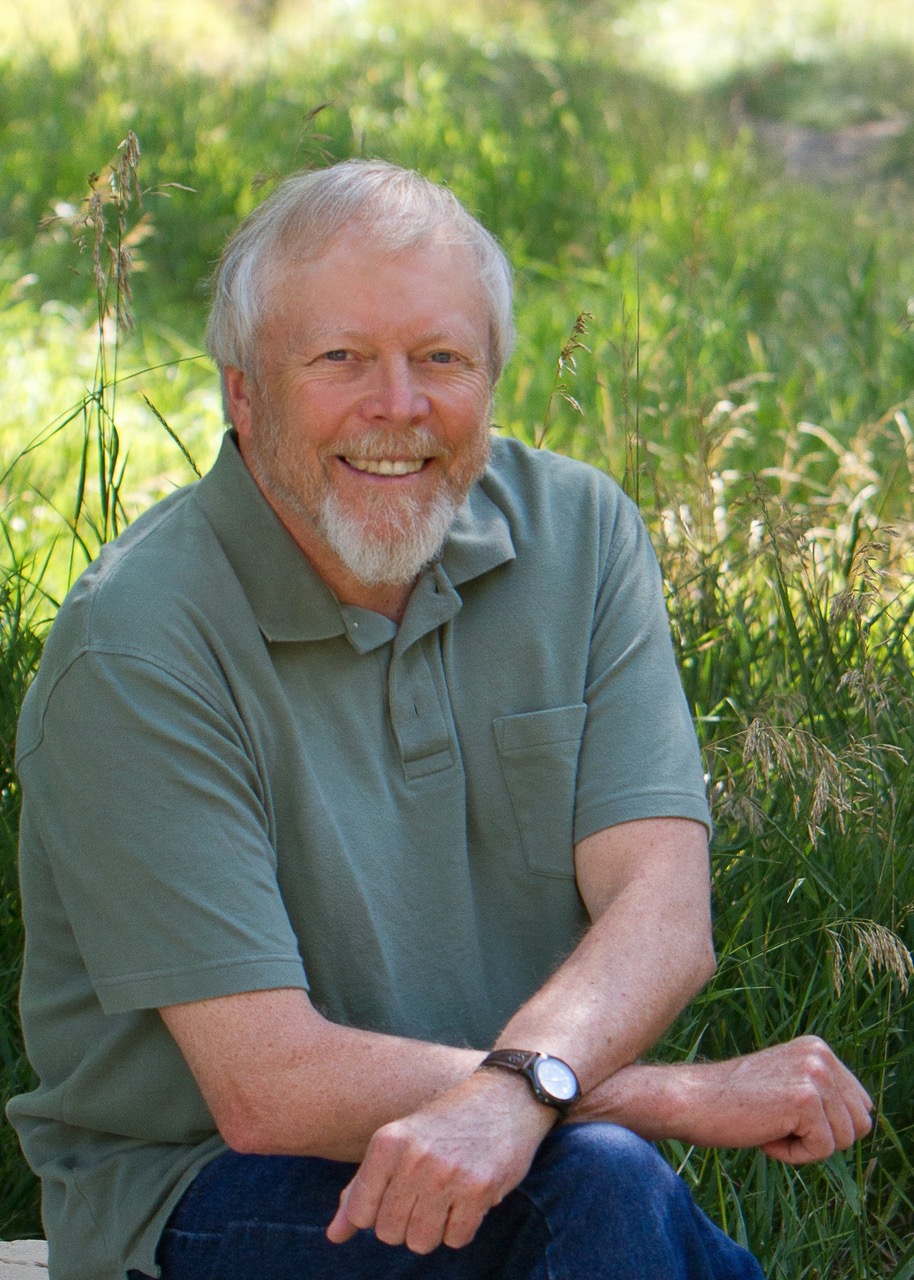
Michael Arloski, Ph.D., PCC, NBC-HWC is CEO and Founder of Real Balance Health Coach Training (https://realbalance.com/). Doctor Arloski is a psychologist, coach and pioneering architect of the field of health and wellness coaching. He and his company have trained thousands of coaches around the world.








Only registered and logged in readers can leave comments.